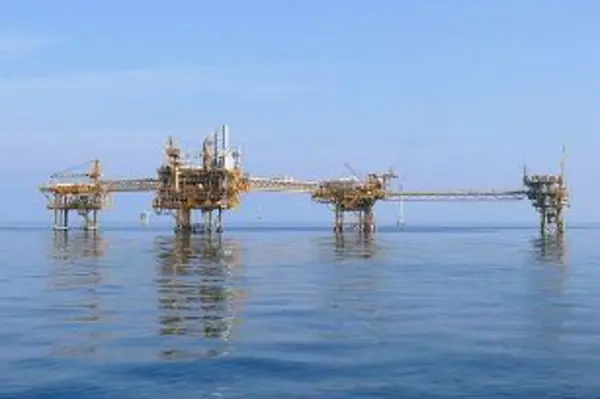Majid Jafar, CEO of upstream oil and gas company Crescent Petroleum, says the Kurdistan region of Iraq is key to the company’s future growth
“The region offers massive untapped potential”, he says. But, as he tells Oil Review Middle East, there are still obstacles to be overcome.
Huge global demand exists for oil and gas from the Kurdistan region of Iraq and international markets will increasingly look to the region for oil and gas supplies over the next two decades.
The territory offers massive untapped potential: the US Geological Survey estimates that the Kurdistan region of Iraq holds 40 billion barrels of oil — about as much as the North Sea has so far produced in the UK — and roughly 60 trillion cubic feet of gas.
In fact around 40 per cent of the world’s gas resources are found in the GCC states, Iran and Iraq.
As a result, the oil and gas sector in the region has been attracting significant international interest in recent months.
Tony Hayward, formerly of BP, has described the Kurdistan region of Iraq as the ‘last oil frontier’ and has recently invested significant amounts of money into the region via his new project Genel Energy.
Oil majors such as Exxon Mobil are now circling. Compared with southern Iraq, where many international players are making just a small margin on investments and have been hampered by slow decision-making (over visas and approvals for example), the Kurdistan region of Iraq offers better contractual terms, less bureaucracy and bigger margins. Importantly too, security is not as critical an issue as it is in the south.
All of which has attracted Crescent Petroleum to the area. Now in its 40th year of operations, Crescent Petroleum has invested almost US$1 billion in the Kurdistan region of Iraq, which makes the company the largest private sector investor in the territory, and probably in Iraq as a whole.
It certainly seems that the south is showing much less promise than the north at the moment. “Despite all the hype concerning contract rounds in the south, production is only just touching three million barrels a day for the entire country”, explains Majid Jafar. “And that is a figure that was promised five years ago, so results for Iraq have been mixed at best.”
Jafar is in a good position to assess the situation. He is chief executive of Crescent Petroleum, the Middle East's oldest private oil and gas company, with offices in the UK and internationally. He joined the company in 2004, after a number of years working with Shell International’s Exploration & Production and Gas & Power Divisions in London.
He is also a board member of Crescent affiliate Dana Gas, the Middle East’s leading private sector natural gas company of which Crescent is the largest shareholder, owning 22 per cent.
Having overseen the successful growth of both Crescent and Dana in recent years, Jafar is a leading expert on Middle East oil and gas exploration and production — and specifically the Kurdistan region of Iraq and the challenges and opportunities facing production there.
There remains a big difference in attitudes towards investment in the oil and gas sector between officials in the north and south, says Jafar.
“In the Kurdistan region of Iraq there exists a regulatory regime that is well understood in terms of the law that was passed and the types of agreement that have been signed,” he points out.
“They are not, as some have claimed, overly generous, but they are the type of contracts that the industry understands and has seen elsewhere. They are pro-investment contracts.”
In the south by contrast, there has been endless controversy over the oil law, as well as arguments about the constitution and the role of government versus the private sector.
To read the rest of the article check out the next print edition of Oil Review Middle East, out in August.








